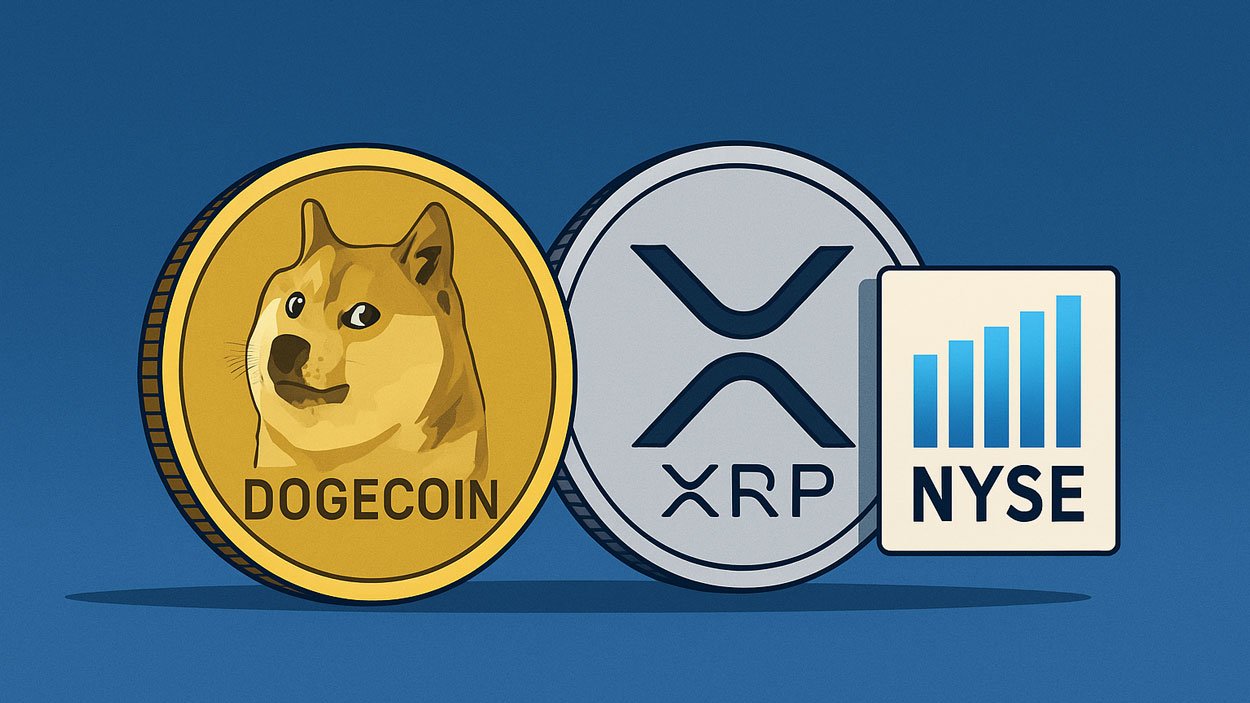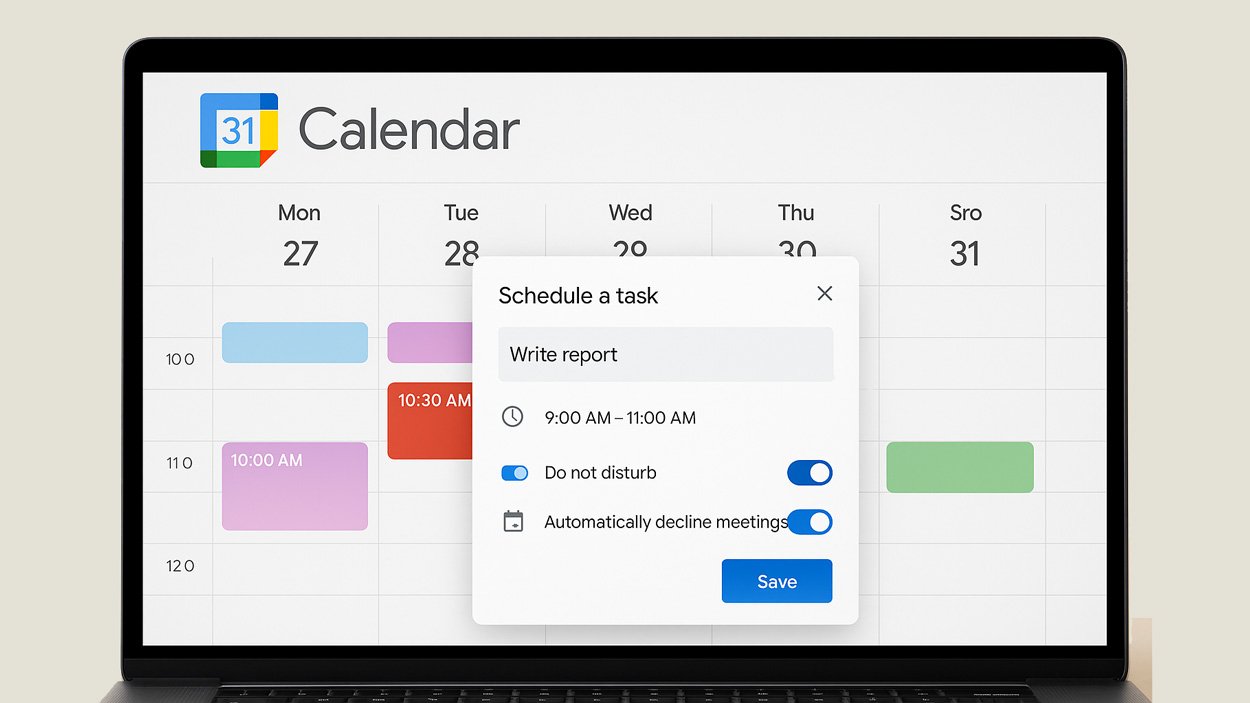Italy’s leading banking association has thrown its weight behind the European Central Bank’s (ECB) digital euro initiative, but urged policymakers to spread out implementation costs and consider a dual-track rollout to ensure financial stability and competitiveness across Europe.
Quick Summary (TLDR)
- Italian banks say they support the digital euro for Europe’s digital sovereignty.
- They want the European Central Bank (ECB) to stagger implementation costs over time.
- ABI proposes a two-track system, pairing the digital euro with bank-issued digital currencies.
- The ECB targets pilot testing in 2027 and a potential launch in 2029, pending EU legislation.
What Happened?
The Italian Banking Association (ABI) has reaffirmed its support for the ECB’s digital euro project, calling it a vital step for Europe’s financial independence. However, the group is warning that the cost burden on banks is too heavy to bear all at once. The association is asking regulators to phase out costs over several years and allow flexibility during the implementation phase.
Italy’s Support for Europe’s Digital Future
Speaking at a press seminar in Florence, ABI General Manager Marco Elio Rottigni said Italian banks are fully aligned with the ECB’s direction, emphasizing that the digital euro reflects a broader goal of digital sovereignty across the continent.
He acknowledged that the high capital expenditure required for banks to participate in the project could be eased by spreading the costs over time. According to Rottigni, this would ensure that smaller institutions can participate without compromising their investment strategies.
The European Central Bank aims to strengthen monetary sovereignty and keep central bank money relevant in an increasingly digital economy. Another major goal is to reduce Europe’s dependence on non-European payment providers and respond to the rise of stablecoins globally.
The digital euro would complement banknotes and extend the benefits of cash to the digital sphere. This is important because euro cash brings us together.
— European Central Bank (@ecb) October 31, 2025
Europeans would have the freedom to use the digital euro for any digital payment, online or offline, throughout the euro… pic.twitter.com/XzNZbl6mD8
Timeline and Legislative Steps
The ECB recently advanced the project into its next development phase after completing a two-year preparation period. The Governing Council met in Florence in late October and confirmed that pilot testing could begin in 2027, with a public rollout targeted for 2029, depending on EU legislation approval in 2026.
EU finance ministers have also agreed to have a say in how the project will proceed and how much each citizen may be allowed to hold, to prevent any potential deposit flight from commercial banks.
A Call for a Dual-Track Digital Model
Rottigni proposed a two-track model, where the digital euro operates alongside commercial-bank-issued digital currencies. He believes this hybrid system could accelerate adoption while ensuring that private financial institutions remain central to Europe’s payment ecosystem.
Resistance from Northern Europe
Not all European banks are convinced. Some German and French financial institutions have voiced concerns that a digital euro could encourage consumers to shift deposits away from private banks to the ECB’s digital wallet.
European Parliament member Fernando Navarrete has echoed these worries, suggesting that a scaled-down version of the project would be safer. His proposal focuses on offline consumer payments rather than large-scale wholesale transactions, ensuring that the digital euro complements rather than competes with existing systems like Wero, a private payment initiative backed by 14 European lenders.
Daily Research News Takeaway
In my view, the ABI’s stance makes perfect sense. Europe absolutely needs a digital currency to stay competitive, but it must be designed in a way that protects commercial banks and encourages innovation. The dual-track idea strikes a smart balance between sovereignty and market participation. If the ECB manages this rollout carefully, Europe could set a global benchmark for central bank digital currencies.






















































